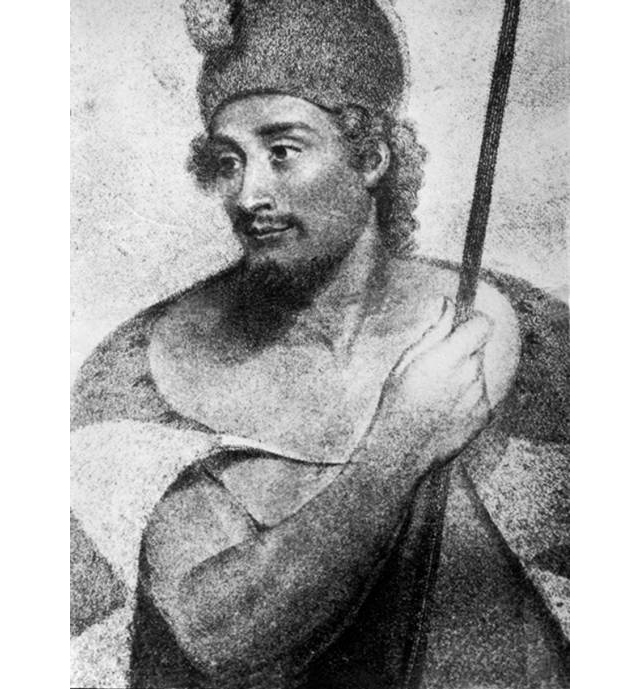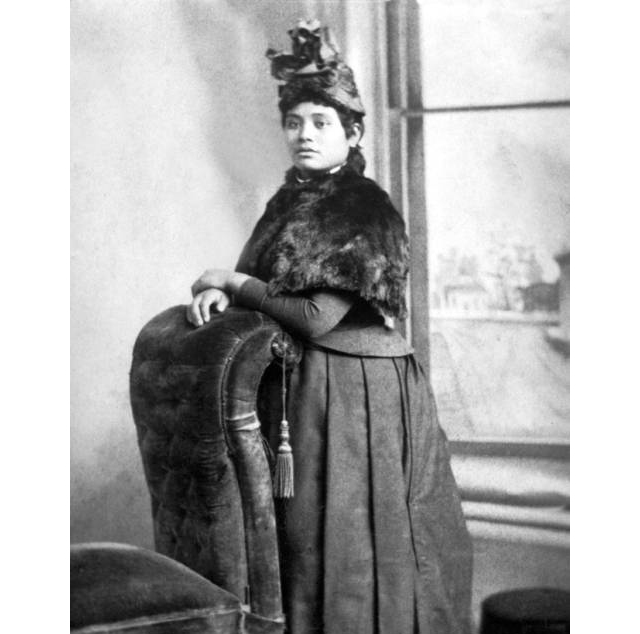Red Hawk Casino opened in Placerville in 2008. (Red Hawk Casino)
The fascinating story of California’s Hawaiian diaspora
The descendants of Hawaiian laborers in 19th-century Mexican California are now federally recognized as Miwok Indians and run a casino on a reservation near Placerville.
The story begins in 1839, when the Swiss pioneer John Sutter recruited 10 Hawaiians to travel with him to California, where he established an agricultural colony near Sacramento.

California State University, Chico
Over time, the Hawaiians formed alliances with American Indians as both groups faced racist abuse from a common antagonist: white settlers. Some of the Hawaiians married Indigenous women. In 1862, a newspaper reporter encountered a small fishing village they established along the Sacramento River and noted that the Native American women spoke fluent Hawaiian.

California State University, Chico
About 50 years later, federal agents identified 34 individuals of native and Hawaiian ancestry in the area, dubbed them the Sacramento-Verona Band of Homeless Indians, and set aside 160 acres on their behalf near Placerville as part of an effort to “civilize” California’s tribal peoples.
It sat unused until the 1970s, when descendants of the group banded together and adopted the name Shingle Springs Band of Miwok Indians. They moved onto the land and built homes, a church, and a community center. But when talk of a casino began, county officials challenged the plan in court by citing the group’s blended ancestry. They aren’t really Miwok, opponents said. They’re Hawaiian.
The case was dismissed on statute of limitation grounds, and in 2008 the Red Hawk Casino opened to the public. The occasion was celebrated with a mixture of Native American dances and Hawaiian songs.
In 2020, Honolulu Civil Beat published a fascinating account of the Hawaiian diaspora in California. The title: “Tracing California’s ‘Lost Tribe’ of Hawaiians.”
This article is from the California Sun, a newsletter that delivers must-read stories to your inbox each morning . Sign up here.
Get your daily dose of the Golden State.